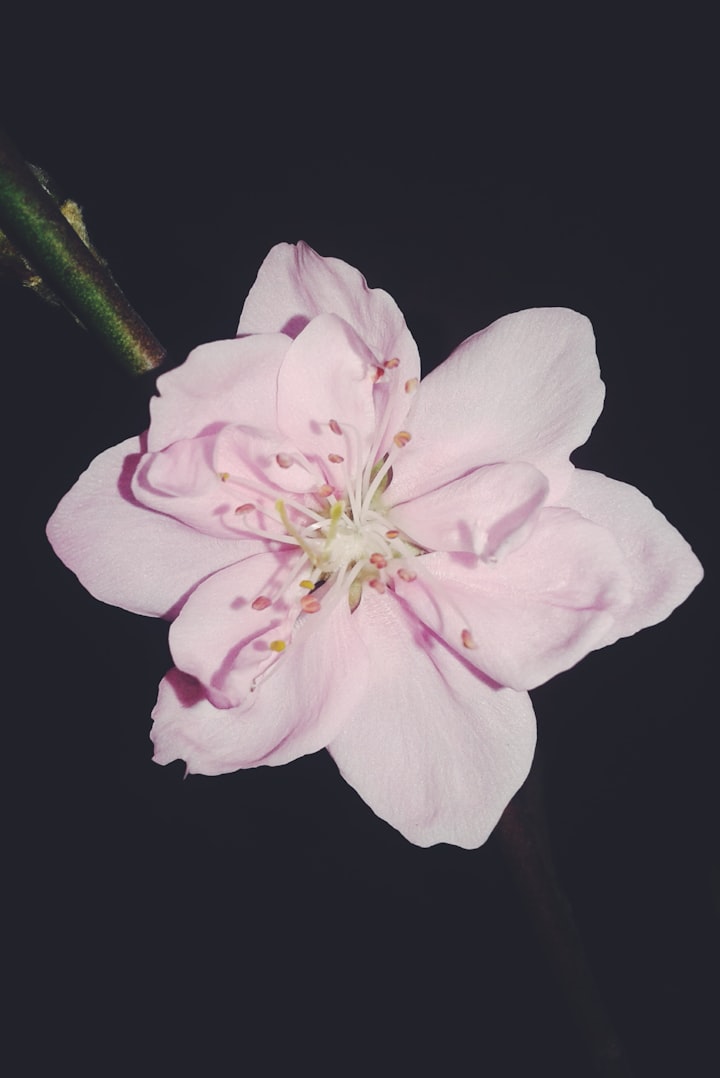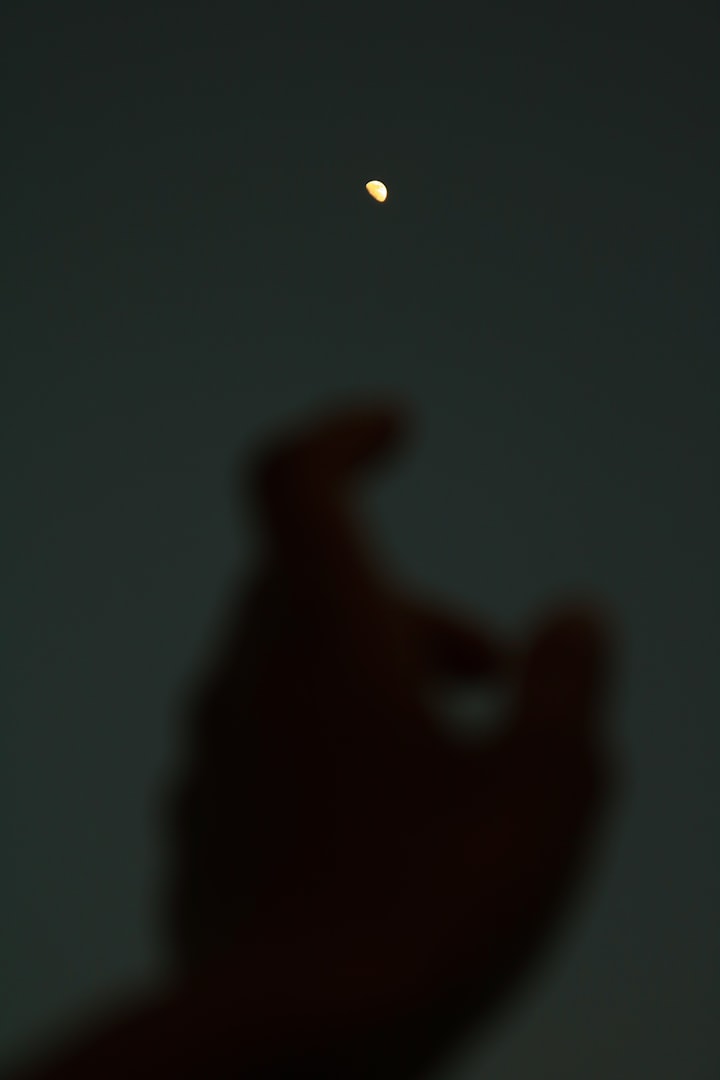Li Young Lee's Love
Analyzing "I Loved You Before I Was Born" by Li Young Lee

"I Loved You Before I was Born "
I saw your eyes before I had eyes to see.
And I’ve lived longing
for your ever look ever since.
That longing entered time as this body.
And the longing grew as this body waxed.
And the longing grows as the body wanes.
The longing will outlive this body.
I loved you before I was born.
It doesn’t make sense, I know.
Long before eternity, I caught a glimpse
of your neck and shoulders, your ankles and toes.
And I’ve been lonely for you from that instant.
That loneliness appeared on earth as this body.
And my share of time has been nothing
but your name outrunning my ever saying it clearly.
Your face fleeing my ever
kissing it firmly once on the mouth.
In longing, I am most myself, rapt,
my lamp mortal, my light
hidden and singing.
I give you my blank heart.
Please write on it
what you wish.

In “I Loved You Before I Was Born,” the speaker expresses the supernatural extent and timelessness of his love for an unnamed individual through describing how his love transcends his own lifetime. The speaker is someone who has loved for a long time and seeks to convey his deep emotions. In the first stanza, he emphasizes the sense of yearning to be with his loved one through repetition of “longing” (4-7). The heavy feeling of longing evoked in this stanza makes it more tangible for readers, who may be reminded of instances in which they strongly longed for something or someone. The poem demonstrates not only a sense of the strength of the speaker’s love, but also its eternal nature. This is especially apparent when considering the title, “I Loved You Before I Was Born.” This paradoxical statement highlights the supernatural extent of the speaker’s love, which supposedly is powerful enough to defy the laws of time and space. He claims that he had seen his loved one “before [he] had eyes to see” and “[long] before eternity,” portraying how his love is not bounded by time, even the beginning of his own life (1, 10). He depicts his love as an entity beyond the scope of time, which only entered the realm of time through his physical existence, yet will still outlive his physical self, stressing the eternity of his love. I found it interesting that in the second stanza the speaker directly recognizes the unlikely nature of his love, stating that he knows “it doesn’t make sense” (8). Rather than weakening the points made about the timelessness of his love, this acknowledgement stresses the extent of his feelings and allows readers to relate through moments where they spoke of acted in ways that defied logic. The isolation of these two lines is one of my favorite creative aspects of this poem. The somber note on which this short stanza ends seems to indicate a turn, where the speaker begins to move beyond describing the eternal nature of his love. The third stanza focuses on the speaker’s loneliness, and in the same way he describes his longing’s entrance into time through his body, the speaker describes his loneliness as an entity that only came into detectable existence through his body. Both his longing for his loved one and his loneliness as a result of his inability to be with her are boundless, but are only noticed in his current life through his awareness of his own feelings during the present. His emotions in his current life are already intense, so underscoring his love and loneliness’ transcendence of time and space amplify the speaker’s already powerful feelings for the unnamed individual to whom the poem is dedicated. The fourth stanza draws a comparison between the speaker’s feelings and a lamp’s light that is “hidden and singing” (20). This comparison makes the quality of the speaker’s emotions seem more real to readers, as it is easy to comprehend hidden light but not light that is singing, which is a quality outside of the scope of vision, which detects light. This parallels the way the speaker’s love and loneliness are still strong despite not being detected in current time and space. An even more tangible comparison is presented in the final stanza, where the speaker gives his loved one his blank heart and asks her to “[please] write on it what you wish” (23). This plea conveys a sense of desperation to know the loved one’s feelings and perhaps approval, as the speaker’s heart is blank, the written form of emptiness. Overall, I liked reading this poem as it was one of the most unique love poems I have read, mainly due to its emphasis of love’s eternal nature and strength, rather than use of comparisons to praise the lover, as in many other cases, such as sonnets. There were several instances in which translation may have caused awkward wording that was difficult to understand, including lines 3 and 16, but the poem still carried a lot of feeling through relatively simple techniques.
About the Creator
moon vixen
Musician, Artist, Writer
Instagram @vixensverse






Comments
There are no comments for this story
Be the first to respond and start the conversation.